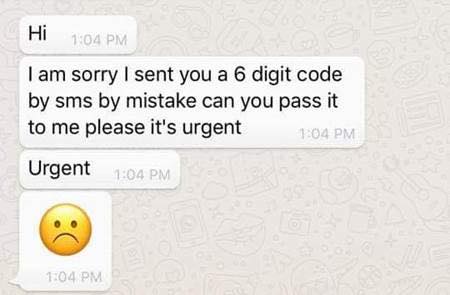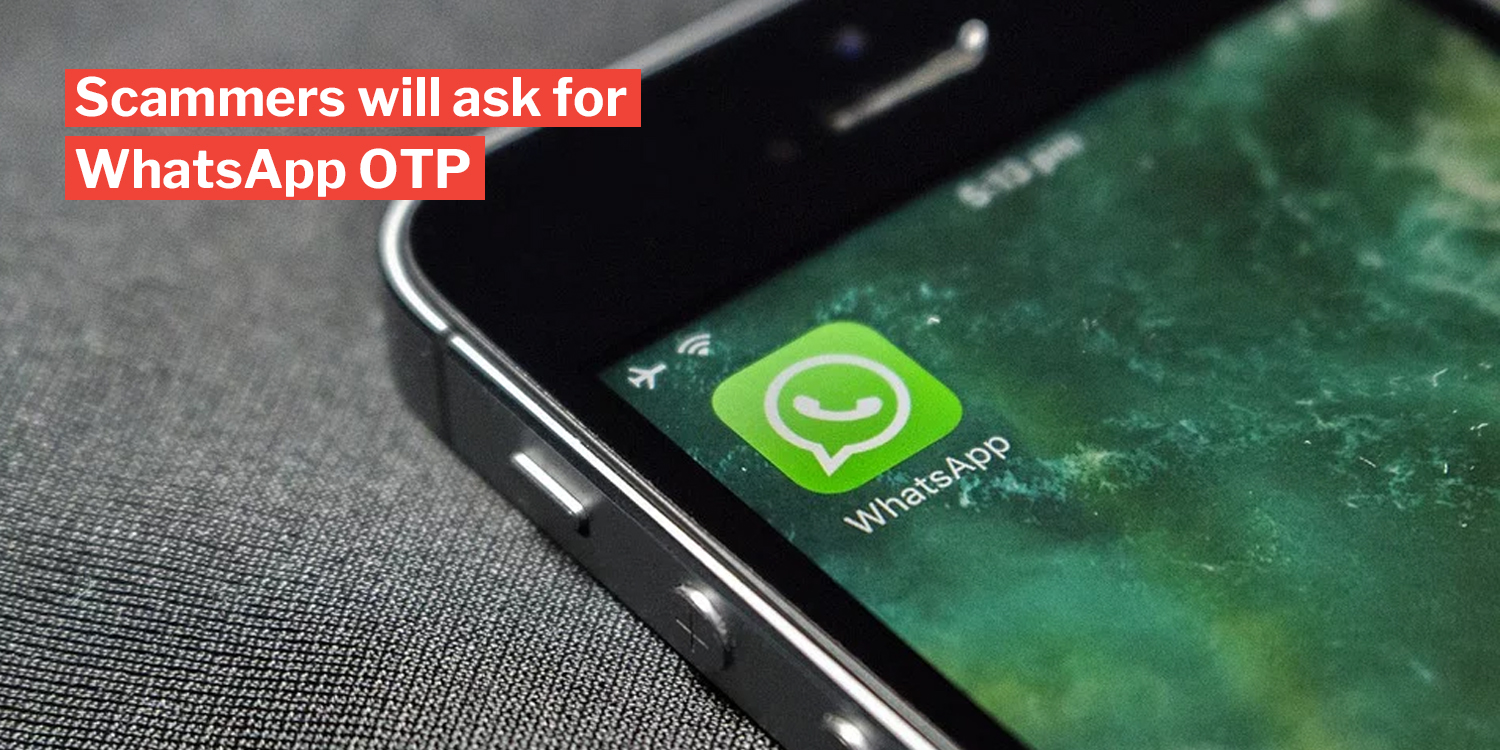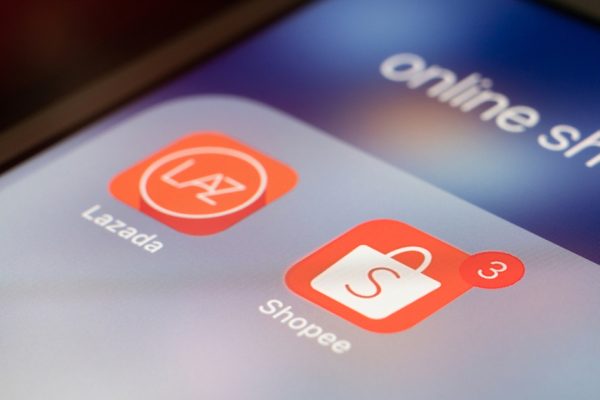WhatsApp Scammers Impersonate Victim’s Friend, Will Ask Them For Credit Card Details & One-Time Password
The Covid-19 virus first arrived on our shores on 23 Jan. Roughly 1 month later, there are 80 other cases that have been confirmed in Singapore.
Turns out, the novel coronavirus isn’t the only unwelcomed ‘guest’ that recently arrived in town.
On Wednesday (19 Feb), the Singapore police issued an advisory on their website against a new WhatsApp takeover scam.
New WhatsApp scam uses hacked accounts to trick contacts of victim
In short, the new WhatsApp scam hinges on your trust for friends and family.
Using previously-hacked WhatsApp accounts, scammers send out a message – often to the victim’s friend – asking for a 6-digit verification code.
 Example of a suspicious text message by SPF in July 2019, regarding a similar scam
Example of a suspicious text message by SPF in July 2019, regarding a similar scam
Source
After providing the verification code, the victim then loses access to his or her WhatsApp account.
The scammers use such compromised accounts to impersonate the victim, asking friends and family member for their contact numbers or worse, their credit card details.
They might also ask you for a One-Time-Password (OTP) that only you can access.
Singapore Police Force (SPF) warns that these requests are made under the fake excuse that an account is needed to claim prizes or participate in lucky draws, especially for online shopping sites like Lazada and Shopee.
By sending such sensitive information, the victims unknowingly approve money transactions that the scammers make using their cards.
Avoid falling for WhatsApp scam by following SPF tips closely
This scam is apparently prevalent not only on WhatsApp but also on social media platforms like Facebook and Instagram.
As they gain traction online, there are more people falling victim to the scam.
Here are some tips from Singapore police on how to avoid falling for such scams.
Firstly, Singaporeans need to be extra alert when they receive suspicious messages and not be reckless in accepting requests that are out of the norm.
Secondly, do not be gullible about winning lucky draws or prizes.
Be sure to double-check with official websites and prevent using social media sites as a transaction medium.
Lastly, Singaporeans are advised to never give their personal information, especially credit card, bank account details, and OTPs.
One must refrain from doing so, even if the individual is a loved one.
Take extra precaution, secure your WhatsApp accounts
Another easy way to prevent your Whatsapp account from being hacked is to enable the two-step verification feature.
 Steps to enable “two-step verification” feature
Steps to enable “two-step verification” feature
Picture courtesy of MS News reader
This will add a layer of security to your existing account, so no scammer can swoosh in to ‘steal’ your identity.
Be sure not to share WhatsApp verification codes as well.
As we take care of our health during the Covid-19 outbreak, do guard yourself against such sinister scams too.
Featured image adapted from Pixabay.










